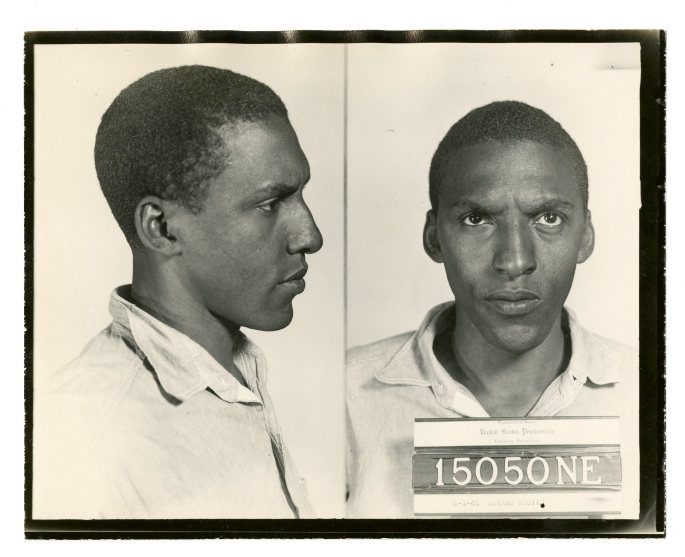YOUR CART
- No products in the cart.
Subtotal:
$0.00
BEST SELLING PRODUCTS

On February 17, 1944, a court found Rustin guilty of resisting the draft and sentenced him to three years (most COs received one year and a day) in the federal prison in Ashland, Kentucky, a segregated prison in a segregated state. On one visit to white COs, Rustin was beaten by a white prisoner who only stopped when he realized that neither Rustin nor the other COs were fighting back. Rustin’s protests against racial segregation, and his open homosexuality, were a source of growing tension. So in August 1945, he was transferred to the higher-security penitentiary in Lewisburg, Pennsylvania, where he served out the remainder of his time. In Lewisburg, Rustin was kept away from the non-pacifist inmates to avoid infecting them with “liberal” ideas.
As declared pacifists who refused induction into the military, Bayard Rustin, George Houser, and other members of FOR and CORE were convicted of violating the Selective Service Act. From 1944 to 1946, Rustin was imprisoned in Lewisburg Federal Penitentiary, where he organized protests against segregated dining facilities. During his incarceration, he also organized FOR’s Free India Committee. After his release from prison, he was frequently arrested for protesting against British colonial rule, in both India and Africa.
“By some prison officials we were considered the worst scum of the earth,” Rustin wrote after his release in June 1946, “because we had refused to fight for our country, and because we were college-educated. We used to say that the difference between us and other prisoners was the difference between fasting and starving. We were there by virtue of a commitment we had made to a moral position; and that gave us a psychological attitude the average prisoner did not have….. We had the feeling of being morally important; and that made us respond to prison conditions without fear, with considerable sensitivity to human rights… It was by going to jail that we called the people’s attention to the horrors of war.”
Receive email updates or text alerts for urgent news and events in your area.
Even if you're already on our email list, submit your phone, email and zip to connected. And if you're not already on our list... what are you waiting for!